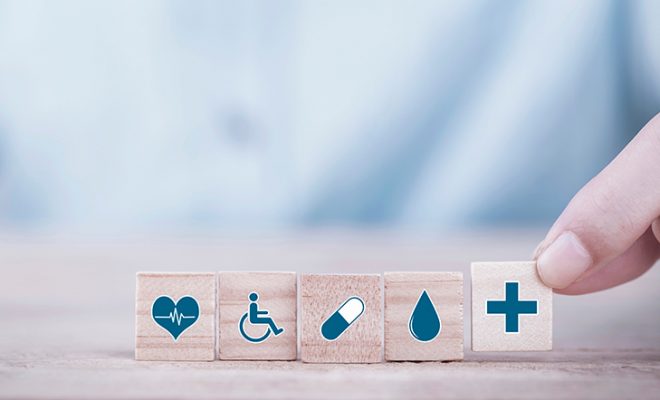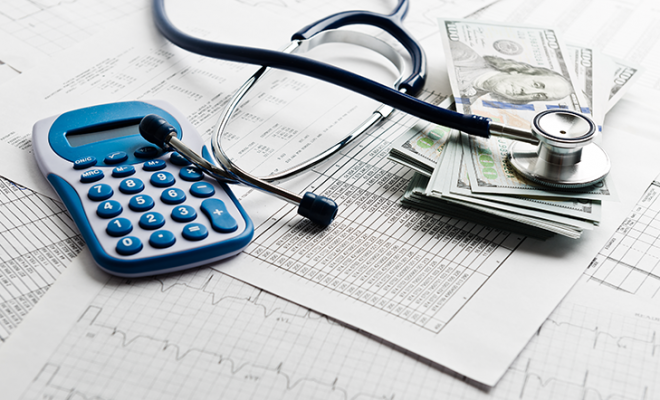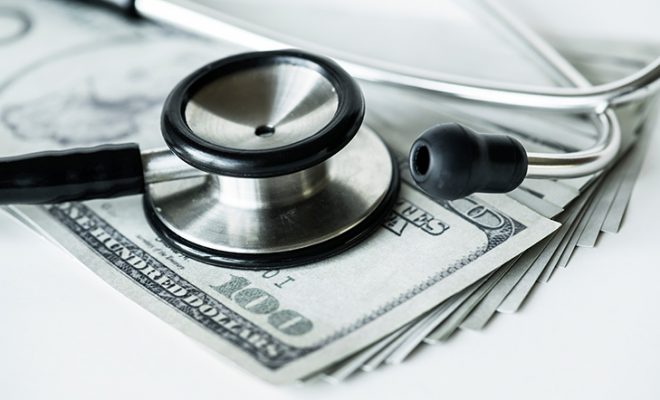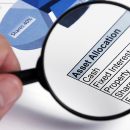The Ultimate Healthcare Preparedness Checklist for Retirees

There are many checklists that need your attention when it comes to planning for your retirement. Having a continuous flow of income, a comfortable home to live in, no underlying debts, and a content emotional state are some things that most retirees look forward to. However, another crucial component of retirement planning that may need some individual attention is healthcare. Retirement is a time when your health starts to deteriorate because of increasing age. Therefore, being prepared with a financial plan to specifically cater to your health needs is crucial.
Here is the ultimate healthcare preparedness checklist against which you can gauge your level of readiness:
Buy a health insurance plan with adequate coverage
Health insurance can be your savior in the case of medical emergencies, critical ailments, and routine checkups. Health insurance offers security to you and your family against the costs of health care. With a suitable plan in place, you can enjoy cashless hospitalization and cover the costs of medicines and treatments, including complex surgeries. You can also add your spouse or children with a family plan if you wish to. In the case of a medical emergency or diagnosis of an illness, a health insurance policy will offer you an immediate pay out. This offers you financial liquidity so that you do not end up using your hard-earned savings and investments to clear bills.
However, in order to be absolutely ready for retirement, make sure that you invest in a good plan early in life. Insurance premiums tend to increase as you age. So, the earlier you buy one, the better it can be. In addition to this, keep in mind to purchase a plan with the right features and add-ons, such as an accident benefit, disability benefit, etc. Try to think of all possible contingencies and make sure that you pick a policy that covers you against all future healthcare-related costs.
-
Use Medicare
Although not entirely sufficient, Medicare can add on to your retirement healthcare preparedness. This is a federal health insurance plan for retirees over the age of 65 years and can be useful in some cases. There are different parts of Medicare that provide specific coverage, such as
- Medicare Part A is for hospital insurance and covers hospital stay, hospice care, etc.
- Medicare Part B is for medical insurance and covers a doctor’s services, medical supplies, and outpatient care.
- Medicare Part D is for prescription drug coverage and covers the cost of prescription drugs and vaccines.
-
Invest in a Health Savings Account (HSA)
The health savings account or HSA, as it is commonly known, is a savings account specifically designed for health-care related expenditures. This is a tax-advantaged account that lets you save money in a periodic manner to be later used for qualified medical expenses. The earnings on an HSA and the withdrawals (if used for medical purposes) are not taxed as regular income. As of 2020, the yearly contribution limit for an HSA is $3,550 for individuals and $7,100 for families. The annual catch- up contribution amount for people aged 55 years or above is $1,000.
The HSA account is a great way to reduce your current tax burden as well as ensure financial security in your retirement. You can also consider HSA as a viable investment option as it allows you to use its funds to further invest in mutual funds, stocks, and bonds.
-
Maintain a healthy lifestyle
By living a healthy life, you can keep illnesses at bay to a large extent. Simple things like eating hygienic, healthy, and organic food can improve your health. Exercising for at least 30 minutes to one hour in a day can also contribute to your overall physical and mental well-being. This reduces your chances of falling ill and visiting the doctor. Not only does this offer physical benefits to your body but also offers financial benefits. For instance, if you do not make any insurance claims in a given year, your insurer may give you discounts, rewards, or bonuses for the next year.
It also helps to limit drinking, smoking, and other similar habits as you grow older. A vegan diet is known to have many advantages too. Make sure to discuss these options with a dietician or doctor and follow what is best for your body.
-
Keep an emergency fund
Even with insurance, savings, investments, and Medicare, it is recommended to keep an emergency fund ready for any medical crisis. In case of an immediate need for cash, your emergency savings can offer you some respite. Sometimes it may take a while for your insurance claim to come through or your HSA withdrawal to process. Moreover, some cosmetic procedures or over the counter medicine costs may not be covered under your health insurance plan and HSA. These can be met with an emergency fund. You can also use your emergency fund to pay your insurance premium under dire circumstances.
To sum it up
Preparing for retirement is incomplete without paying extra attention to your healthcare needs. While it helps to have a balanced lifestyle all your life, it is practical to be ready for the worst of situations. Saving and investing in relevant health plans can be an efficient way to plan for your golden years. Make sure to factor in inflation and keep the rising costs of healthcare and the possible surge in the frequency of diseases in mind. This will help you arrive at a comprehensive figure needed to enjoy a comfortable retirement.
For a better understanding of retirement planning and how to ace it, you can get in touch with professional financial advisors in your area.










